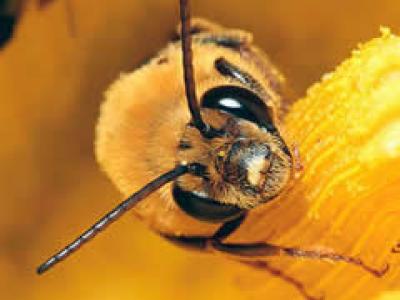Human-rights report calls for reparations for Khmer Rouge victims
A report co-released by the International Human Rights Law Clinic calls on Cambodia’s UN-backed tribunal to grant reparations to victims of the brutal Khmer Rouge regime. Three Berkeley Law students helped author the report, “Victims’ Right to Remedy.”
Gordon and Betty Moore Foundation awards $6 million for earthquake early warning research
The Gordon and Betty Moore Foundation has awarded $6 million to three West Coast universities to create a prototype earthquake early warning system for the Pacific Coast of the United States.
Bacteria turn switchgrass into advanced biofuels
Jay Keasling and his colleagues at the Joint BioEnergy Institute have engineered bacteria to turn switchgrass – a hard to digest plant – into gasoline, diesel and jet fuels. This could vastly reduce the cost of producing plant-based fuels to replace fuels from oil and coal.
Dream sleep takes sting out of painful memories
They say time heals all wounds, and new research from UC Berkeley indicates that time spent in dream sleep can help. UC Berkeley researchers have found that during the dream phase of sleep, also known as REM sleep, our stress chemistry shuts down and the brain processes emotional experiences and takes the painful edge off difficult memories.
Taking bushmeat off the menu could increase child anemia
When the dinner menu includes endangered species, human nutritional needs must contend with efforts to manage wildlife resources, according to a new UC Berkeley study. Researchers estimate that a loss of access to bushmeat as a source of food would lead to a 29 percent jump in the number of children suffering from anemia.
Biggest land donation in UC history to expand research, outreach
The University of California will double the size of its research forests as a result of a land donation approved Nov. 16 in Sacramento. The transfer is the largest single acquisition of forestland in the University’s history.
Berkeley Engineering launches collaboration with Shanghai innovation hub
The College of Engineering at Berkeley is partnering with the Shanghai Zhangjiang Hi-Tech Park to develop a platform for expanding industrial and academic research collaborations in Asia and fostering global learning opportunities with Berkeley students.
Native bees often better pollinators than honey bee
Honey bees get most of the buzz, but some native bees are better at spreading pollen. Berkeley biologists Gordon Frankie and Claire Kremmen say that natives may hold the solution to world pollination problems that affect important crops.
Is a stranger trustworthy? You'll know in 20 seconds
There’s definitely something to be said for first impressions. New research from UC Berkeley suggests it can take just 20 seconds to detect whether a stranger is genetically inclined to being trustworthy, kind or compassionate. See if you can guess which people shown in the video have the empathy gene.








